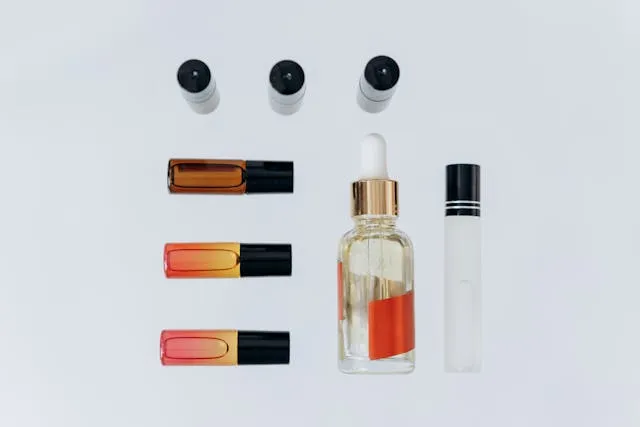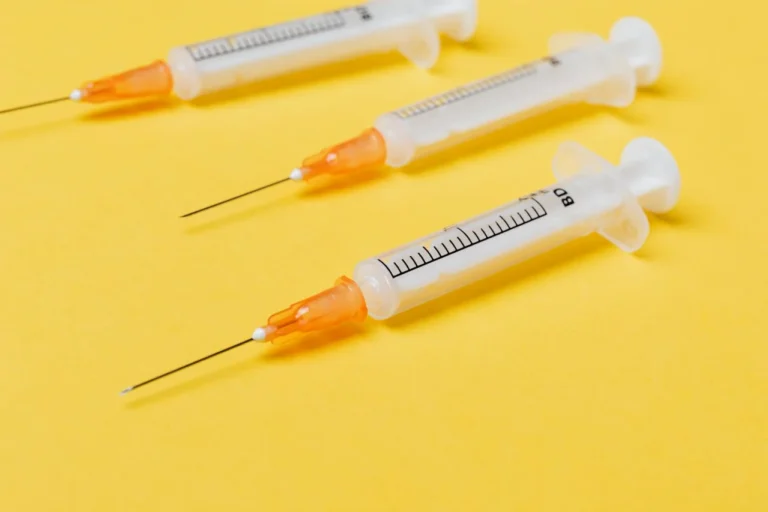Essentials of Indoor Gardening: Tools, Care, and Safety for Thriving
Plants
Creating a beautiful and thriving garden, whether indoor or outdoor, requires a set of tools tailored to the task. Best garden tools are essential for a variety of reasons, from simplifying tasks to ensuring the health of your plants. In this article, we’ll delve into the importance of garden tools, specifically focusing on indoor gardening, and provide insights on how to maintain these tools, along with safety tips.

Importance of Garden Tools
1. Efficiency and Effectiveness: Garden tools are designed to make gardening tasks more efficient and effective. For example, pruners make it easier to trim plants, while a watering can provides a gentle way to hydrate them without causing damage.
2. Health of Plants: Using the right tools can help maintain the health of your plants. Tools like soil pH testers can help in determining the acidity or alkalinity of the soil, which is crucial for plant growth.
3. Ergonomics and Comfort: Modern garden tools are often designed with ergonomics in mind, reducing the strain on your body. This is especially important for indoor gardening where space might be limited.
Indoor Garden Tools and Their Uses
1. Pruners and Scissors: Essential for trimming and shaping plants, helping in the removal of dead or overgrown branches.
2. Watering Can: Allows for precise and gentle watering. Some come with a long spout to reach plants in awkward spaces.
3. Soil pH Tester: Ensures that the soil is at the right pH level for your specific plants.
4. Misting Bottle: Ideal for plants that thrive in humid environments, a misting bottle can increase the humidity around the plant.
5. Trowel and Spade: Useful for repotting plants or adding new soil to pots.
Tips for using Garden Tools
When using garden tools, whether for indoor or outdoor gardening, following certain tips can enhance both the efficiency of your work and the longevity of your tools. Here are some key pointers:
- Use the Right Tool for the Right Job: Always select the appropriate tool for the task at hand. Using a tool for a purpose it wasn’t designed for can damage the tool and possibly harm your plants.
- Keep Tools Clean: After each use, clean off dirt and debris. This is particularly important for cutting tools like pruners and shears, as residue can spread plant diseases.
- Sharpen Regularly: Dull blades can damage plants and make your work harder. Regularly sharpen the blades of cutting tools to maintain their efficiency.
- Handle with Care: Always hold tools properly to maintain control and reduce the risk of injury. For power tools, ensure you are familiar with their operation before use.
- Store Tools Properly: Store your tools in a dry, secure place to prevent rust and damage. Hanging them or keeping them in a toolbox can also help keep them organized and easily accessible.
- Inspect Tools Before Use: Before each use, check for any signs of wear or damage. Damaged tools can be dangerous and less effective.
By following these tips, you can ensure your gardening tools remain in good condition, making your gardening more enjoyable and productive.
Care and Maintenance of Indoor Garden Tools
1. Regular Cleaning: After each use, clean the tools to remove soil and plant debris. This prevents the spread of disease among plants.
2. Proper Storage: Store tools in a dry place to prevent rusting and deterioration. Hanging them up or keeping them in a toolbox can keep them organized and easy to find.
3. Sharpening Blades: Keep cutting tools like pruners and scissors sharp for efficient and clean cuts. Dull tools can damage plants and are harder to use.
4. Rust Prevention: Applying a light coat of oil on metal parts can prevent rust and prolong the life of the tool.
Safety Tips for Using Garden Tools
1. Read Instructions: Always read the manufacturer’s instructions, especially for powered tools or those with complex mechanisms.
2. Wear Protective Gear: Gloves can protect your hands from cuts and scrapes, while eyewear can protect from flying debris.
3. Proper Handling: Use tools for their intended purpose and hold them correctly to prevent accidents.
4. Keep Tools Out of Reach of Children: Store tools safely away from children to prevent accidents.
5. Check for Damage: Regularly inspect your tools for damage and repair or replace them as necessary.
Conclusion
Indoor gardening tools are indispensable for plant care, ensuring both the beauty and health of your indoor garden. Proper maintenance of these tools extends their life and makes gardening more enjoyable and less of a chore. Safety should always be a priority, not just for the well-being of the gardener but also for the health of the plants. By selecting the right tools, caring for them properly, and using them safely, your indoor garden can become a lush, thriving haven.
Faqs
What are the Must-Have Tools for a Beginner in Indoor Gardening?
For beginners, the essential tools include a watering can for precise watering, pruners or scissors for trimming and shaping plants, a misting bottle for maintaining humidity, a trowel or small spade for potting and repotting, and a soil pH tester to ensure the soil is optimal for your plants.
How Often Should I Clean and Maintain My Indoor Gardening Tools?
Indoor gardening tools should be cleaned after each use to remove soil and plant residue. This helps prevent the spread of diseases among your plants. Regular maintenance, like sharpening blades and checking for rust, should be done every few months or as needed based on the frequency of use.
Why is it Important to Use a Soil pH Tester in Indoor Gardening?
A soil pH tester is important because different plants have specific pH requirements. Indoor plants are especially sensitive to soil conditions as they are in a controlled environment. A pH tester helps in maintaining the right soil condition, ensuring your plants grow healthy and strong.
What Safety Precautions Should I Take When Using Indoor Gardening Tools?
Safety precautions include reading and following the manufacturer’s instructions, wearing protective gear like gloves and eyewear, using tools for their intended purpose, storing tools safely out of reach of children, and regularly inspecting your tools for any damage or wear.
Can I Use Outdoor Gardening Tools for Indoor Gardening?
While some outdoor gardening tools can be used for indoor gardening, it’s often better to use tools specifically designed for indoor use. Indoor gardening tools are usually smaller and more precise, making them better suited for the confined spaces and delicate nature of indoor plants. However, basic tools like pruners and watering cans can be versatile for both indoor and outdoor use.




